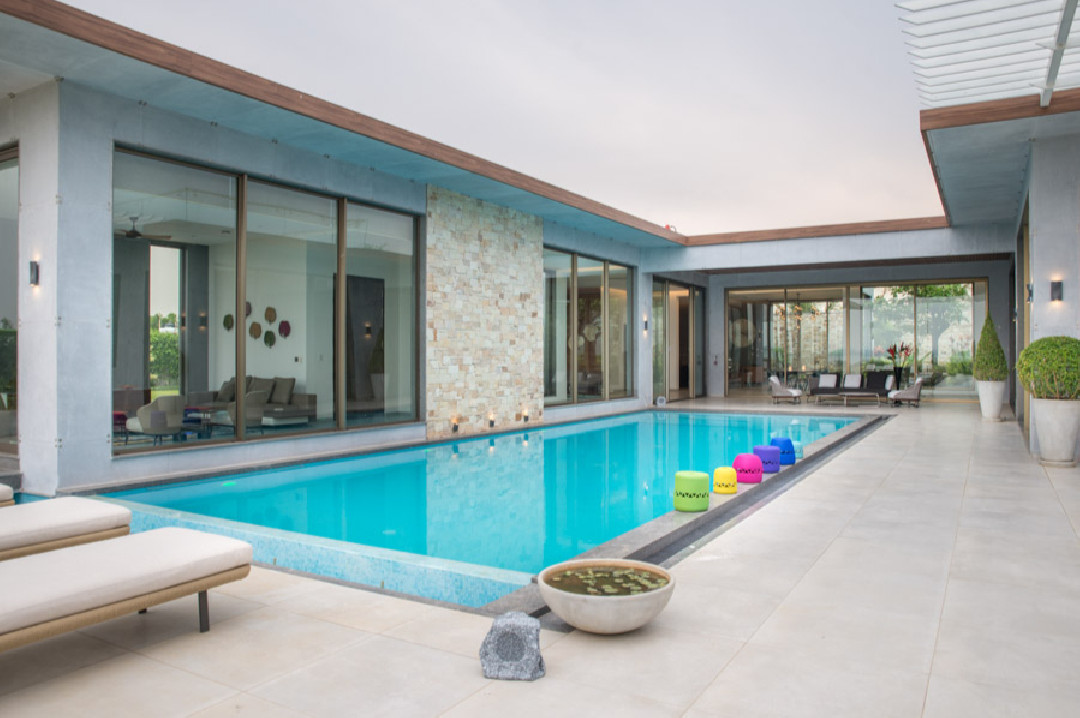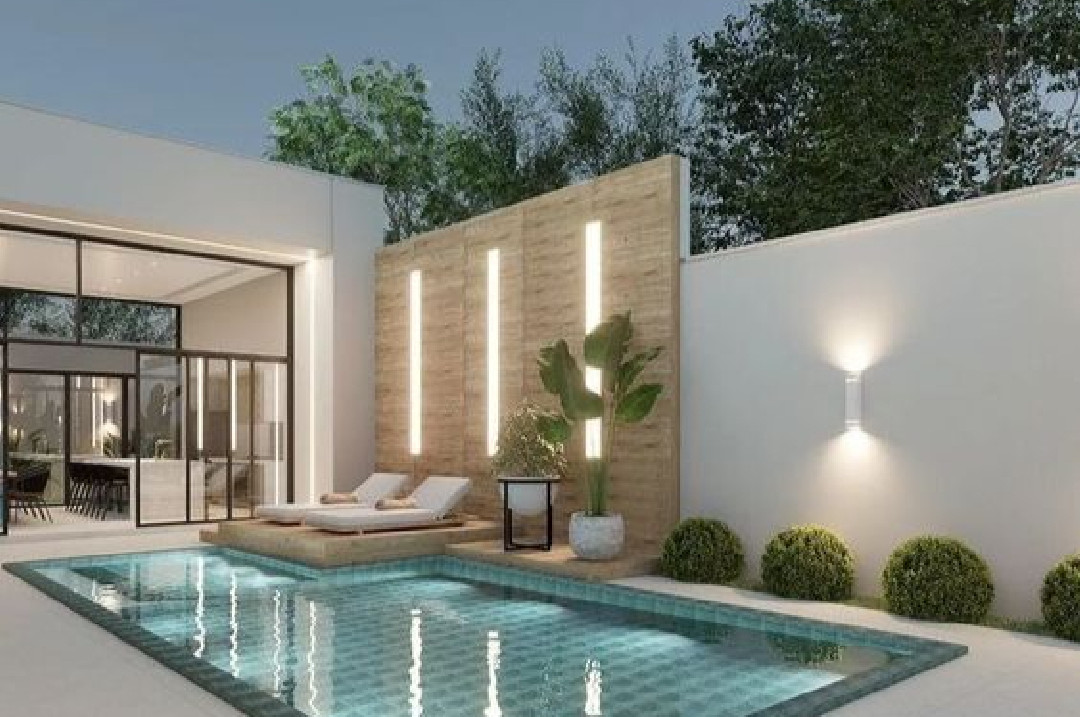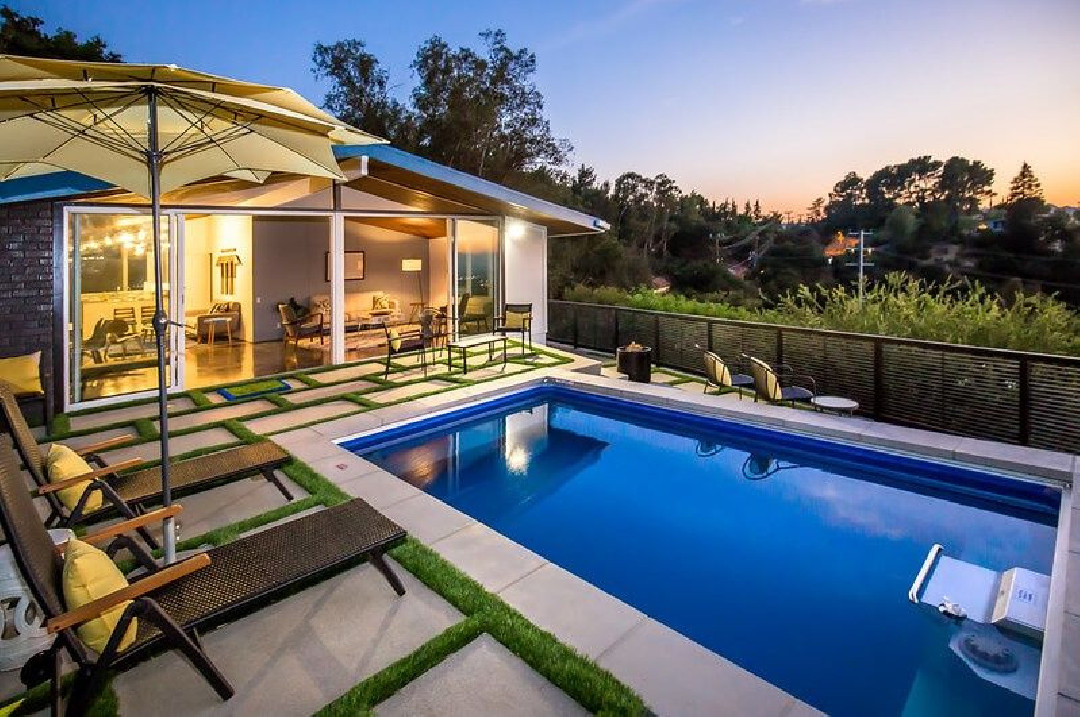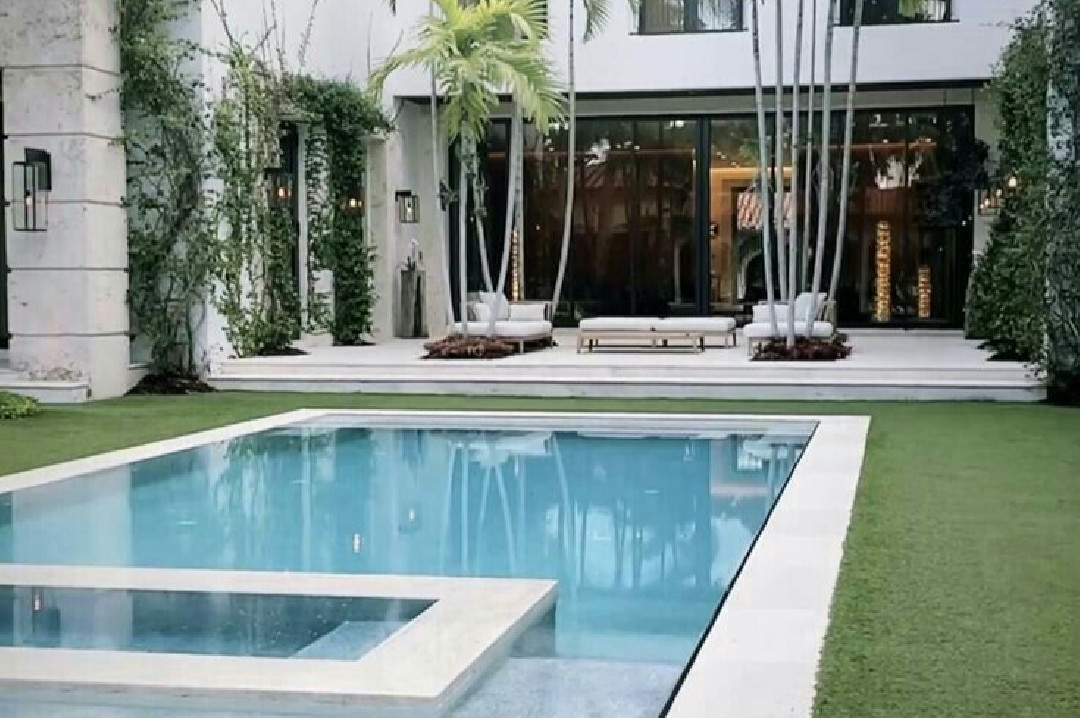Is Your Home Pool Prone to Algae Growth? What Could Be the Solution?
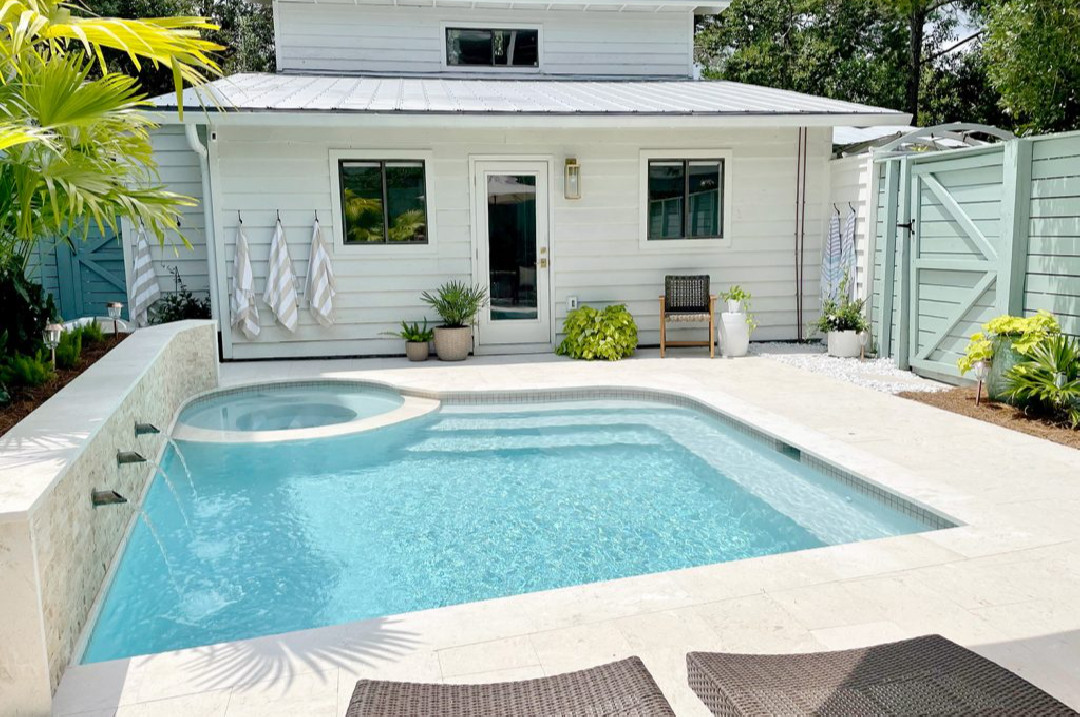
Having a swimming pool at home can be a source of pride for many people. It not only serves as a place for exercise and relaxation but also adds a decorative element that enhances the beauty of your house. However, maintaining a swimming pool to keep it clean and clear is not an easy task. One common problem that pool owners often face is algae growth. Algae in your pool not only make the water murky but can also serve as a breeding ground for harmful bacteria. If left untreated, this issue can make the pool unsafe and unpleasant to use.
So, what are the main causes of algae growth in pools, and how can you tackle them? This article will discuss solutions to algae problems in pools and how to prevent them, so your pool remains clean and healthy.
Causes of Algae Growth in Pools
Poor Water Circulation
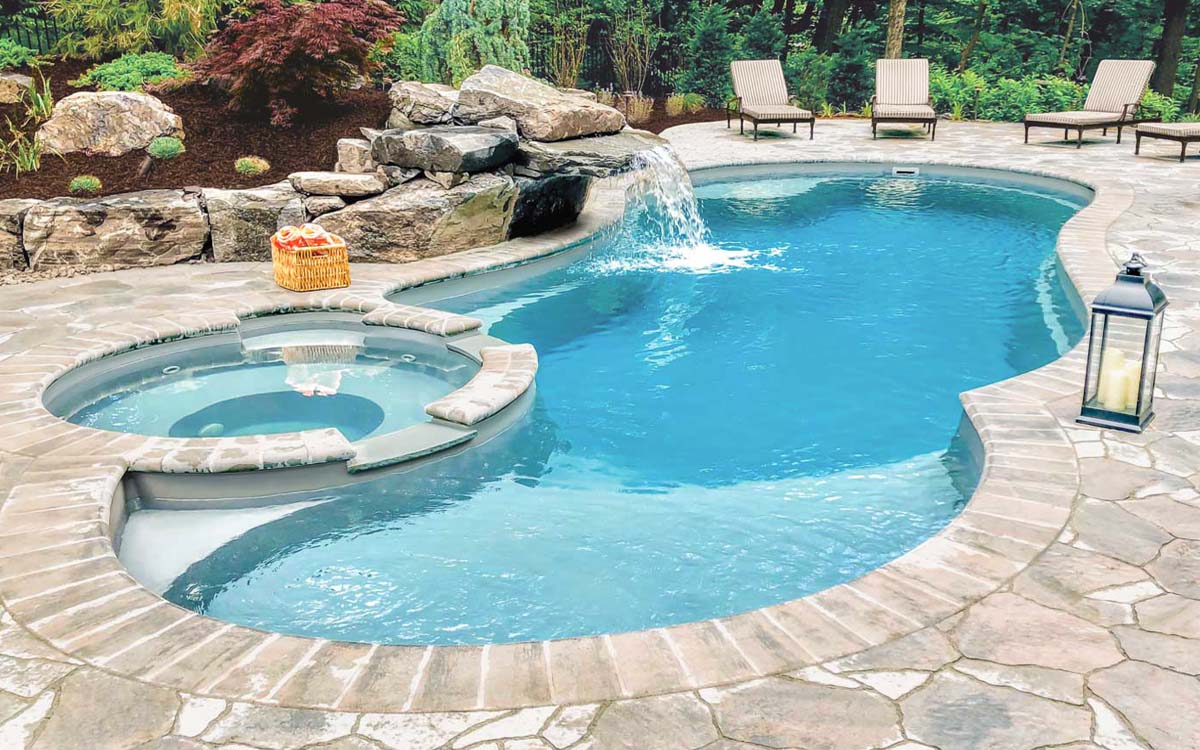
Source: leisurepools.eu
One of the main reasons for algae growth in pools is poor water circulation. When water doesn't circulate properly, certain areas in the pool become stagnant and provide an ideal environment for algae to grow. Algae are more likely to grow in the corners of the pool or in areas that are rarely exposed to water flow.
Imbalanced pH

Source: wikimedia.org
Algae grow faster when the pH level of the pool water is not balanced. A pH level that is too high or too low can affect the effectiveness of chlorine. This makes it easier for algae to grow because there is no disinfectant to control it.
Lack of Chlorine or Disinfectant
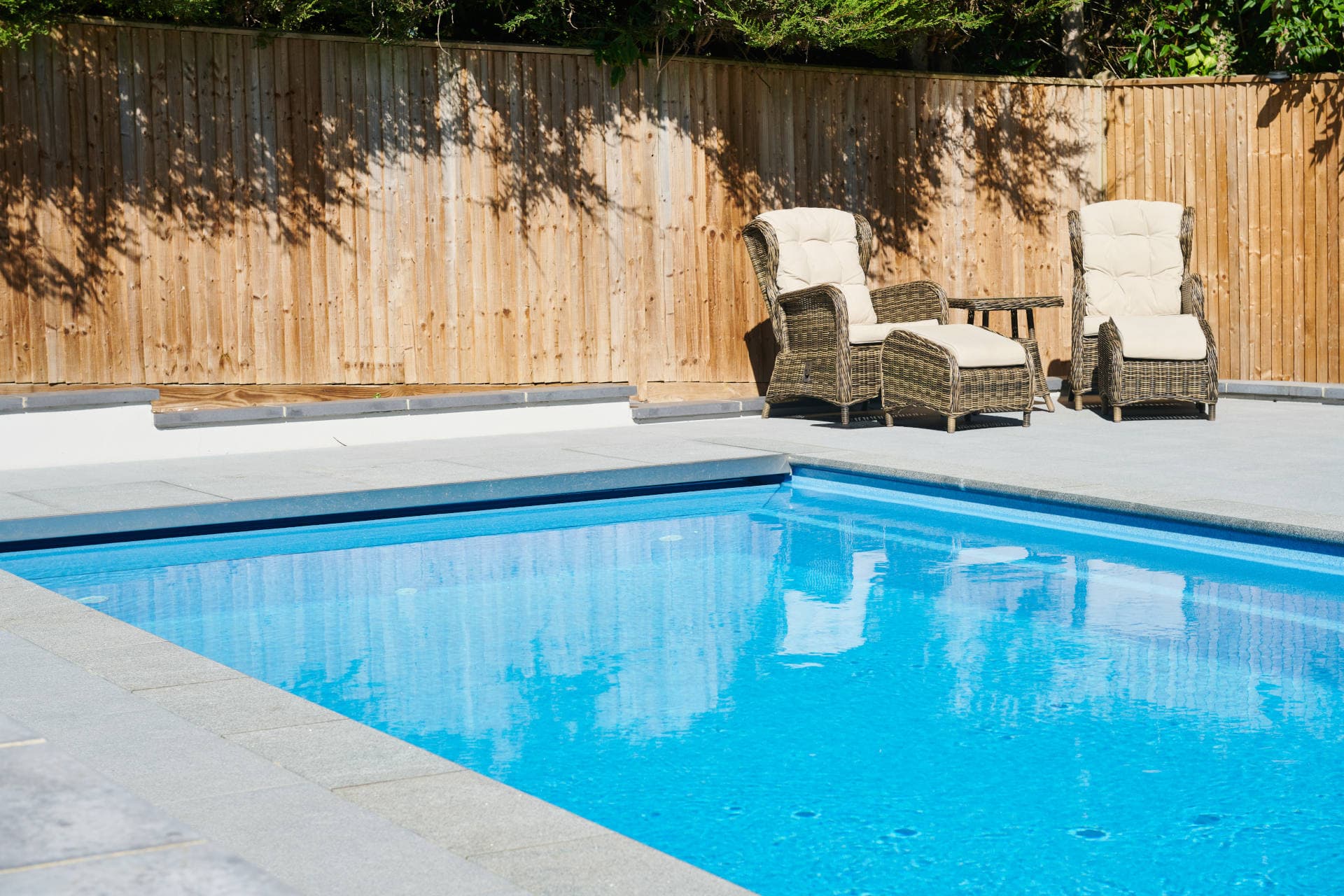
Source: compass-pools.co.uk
Chlorine is a chemical used to kill bacteria and other microorganisms in the pool. If the chlorine level in your pool is insufficient, algae will grow more easily. This could be due to a lack of regular chlorine addition or factors that accelerate chlorine reduction, such as strong sunlight or heavy pool usage.
Environmental Conditions
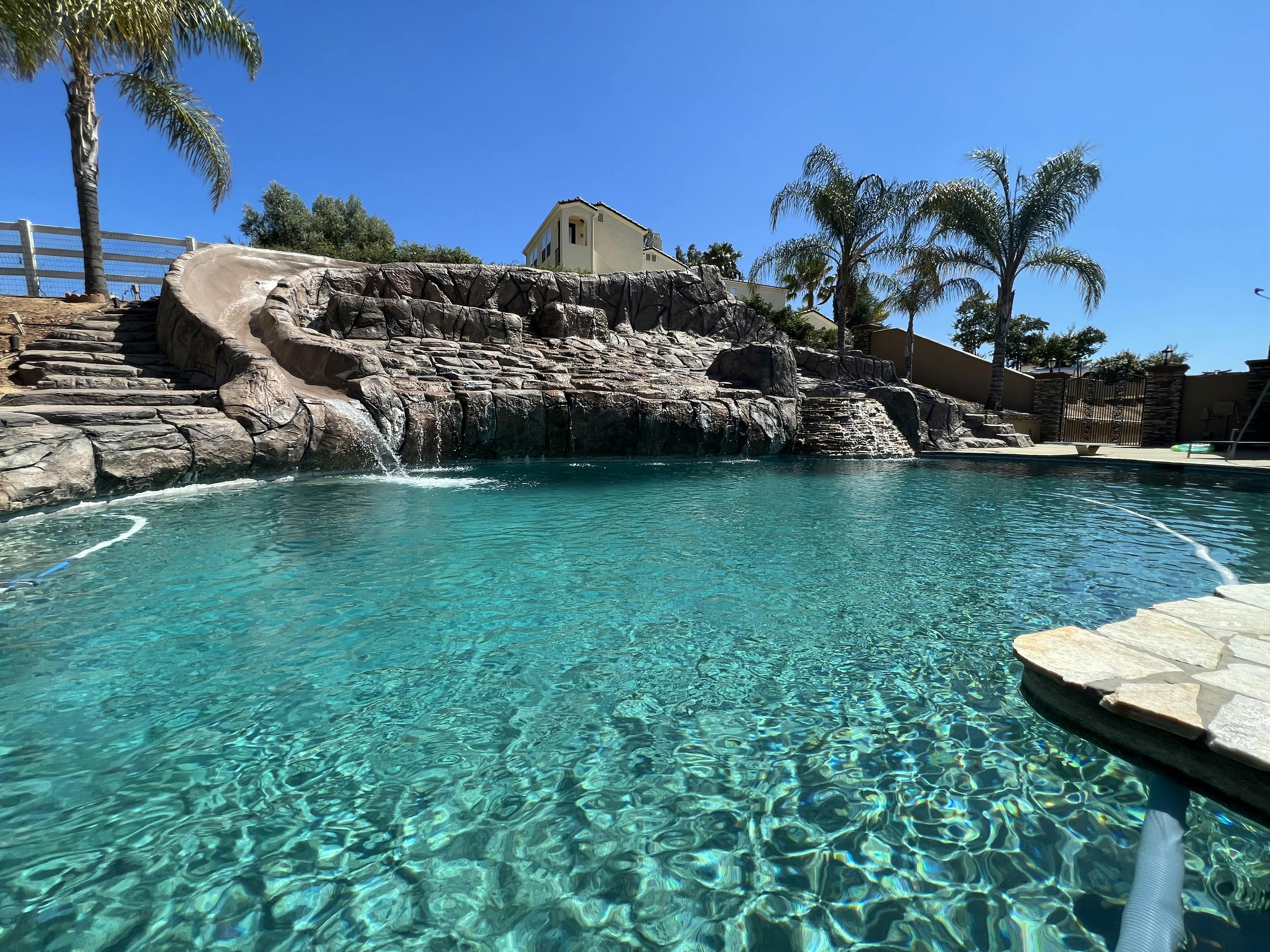
Source: swimply.com
The surrounding environment can also influence algae growth in pools. Pools surrounded by trees or plants can easily get debris like leaves, pollen, or other dirt that serves as food for algae. Additionally, pool areas that are shaded and rarely exposed to direct sunlight are more prone to algae growth.
Lack of Regular Maintenance

Source: bluehaven.com
Irregular pool maintenance such as cleaning filters, vacuuming the pool floor, or testing the water can lead to algae growth. A poorly maintained pool is more susceptible to this problem.
Solutions to Handle Algae in Pools
Manual Cleaning
![]()
Source: poolicons.com
Manual cleaning is the first step you can take if your pool is already starting to show signs of algae growth. Use a pool brush to scrub the walls and floor of the pool to remove the algae. If the algae are thick, use a special vacuum tool to clean the pool floor. Don't forget to clean the pool filter as well to ensure smooth water circulation.
Using Chlorine Shock

Source: trijayapoolperawatankolam.com
Chlorine shock is a method of adding a large amount of chlorine to the pool to kill the bacteria and algae present. This method is effective for cleaning pools with severe algae problems. After performing chlorine shock, allow the water to circulate for several hours before using the pool. Make sure the chlorine level returns to normal before using the pool again.
Adjusting pH and Alkalinity Levels
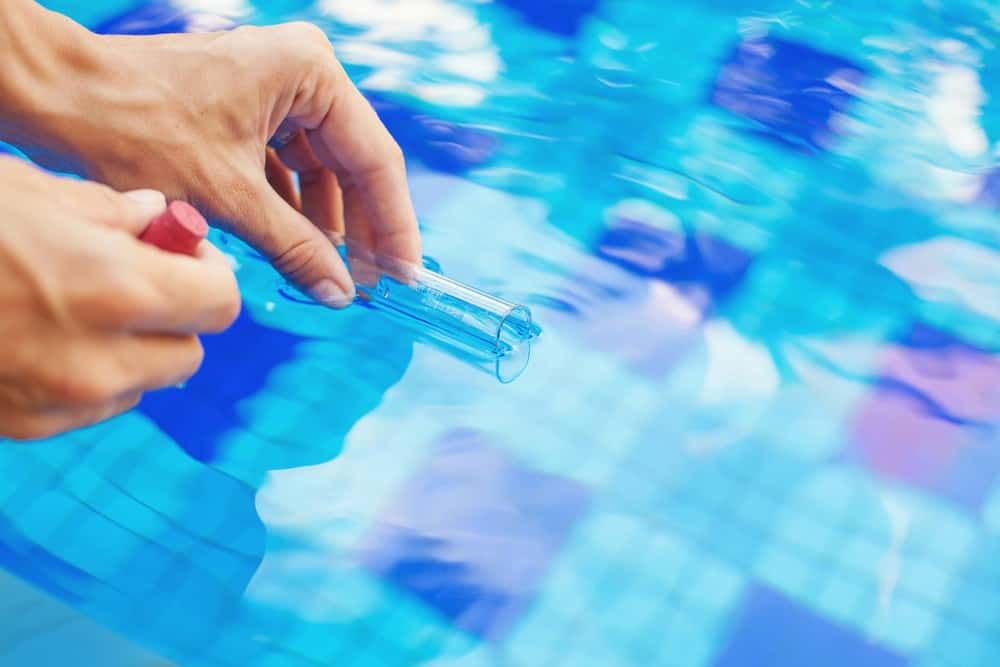
Source: 1poolcare.com.au
Balancing the pH and alkalinity levels of pool water is crucial to preventing algae growth. The ideal pH level for pool water is between 7.2-7.6. If the pH is too high or too low, add pH balancing chemicals like soda ash or muriatic acid. Proper pH balance will make chlorine more effective.
Using Algaecide
Source: poolsupplies.com
Algaecide is a chemical used to prevent and kill algae in pools. Algaecide is available in liquid or powder form and can be added directly to the pool water. Use algaecide regularly, especially during the summer or in humid weather, to prevent algae growth.
Improving Water Circulation
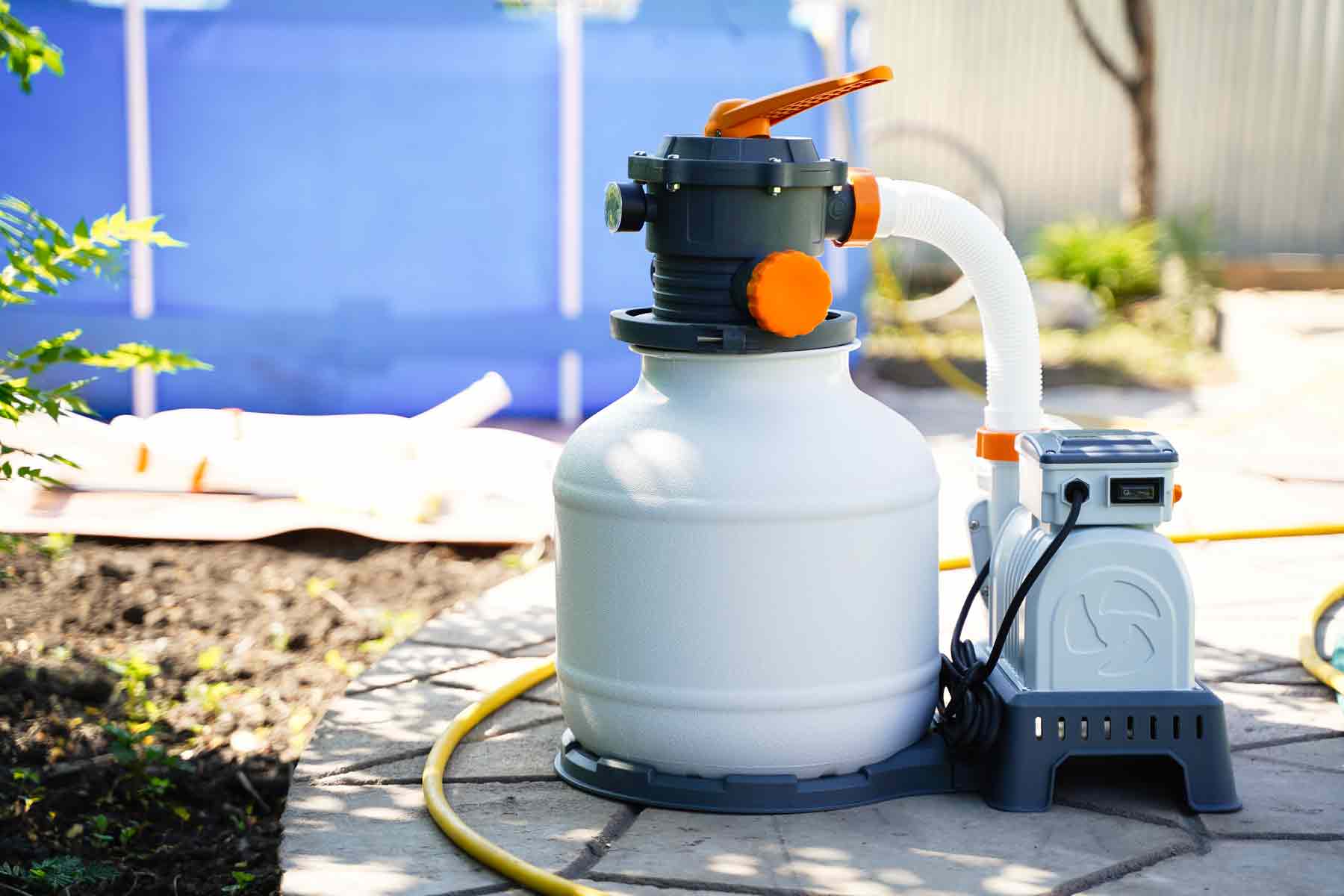
Source: facts.net
Make sure the pool pump and filter are working properly. Good water circulation will help prevent algae growth. If necessary, add additional water jets to improve circulation in certain areas that are often prone to algae growth.
Reducing Sun Exposure
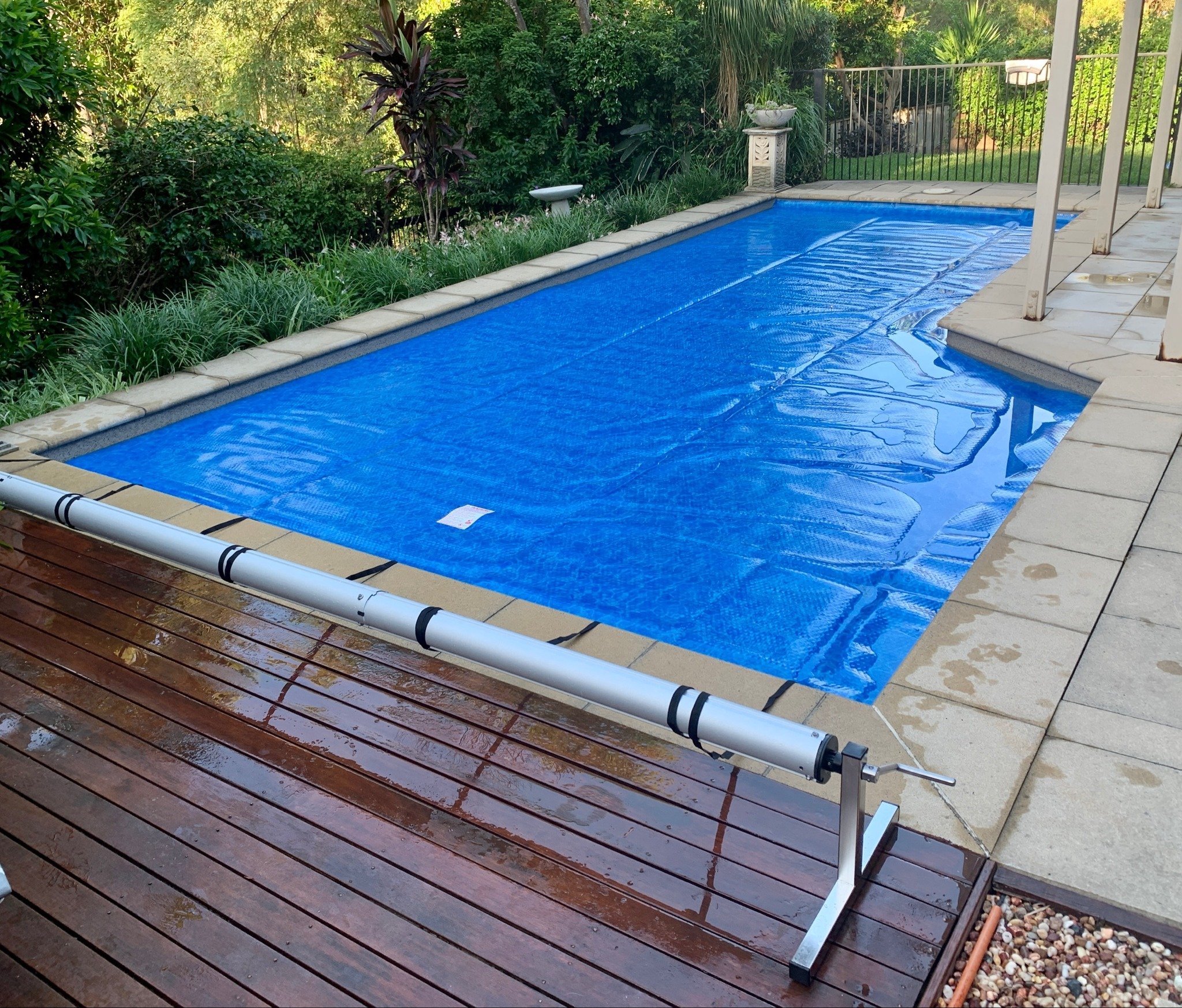
Source: rodepools.com.au
If your pool is exposed to direct sunlight throughout the day, algae will grow more easily. Use a pool cover or shade to reduce sun exposure. This will help slow down algae growth.
Regular Pool Maintenance

Source: blupool.co.za
Perform regular pool maintenance, such as cleaning filters, vacuuming the pool floor, and testing the water at least once a week. With regular maintenance, you can prevent algae problems before they become severe.
Preventing Algae Growth in Pools
Using a Pool Cover
Use a pool cover when the pool is not in use. A pool cover will protect the water from dirt and debris that can become food for algae. Additionally, a pool cover will reduce sun exposure, which can speed up algae growth.
Trimming Plants Around the Pool
Trim and tidy up plants around the pool area. Make sure there are no leaves or branches that can fall into the pool. Also, avoid planting trees or shrubs that are likely to release a lot of pollen or leaves into the pool area.
Maintaining Chlorine Levels Regularly
Regularly check the chlorine levels in the pool and add more if necessary. The ideal chlorine level in a pool is around 1-3 ppm (parts per million). Don’t let the chlorine level drop too low, as this will allow algae to grow easily.
Controlling pH and Alkalinity Levels
In addition to chlorine levels, make sure the pH and alkalinity of the water are balanced. This will help prevent algae growth and make chlorine more effective.
Avoiding Products Containing Ammonia
Cleaning products or chemicals containing ammonia can react with chlorine and reduce its effectiveness. Avoid using such products around the pool area.
Regular Pool Cleaning
Clean the pool regularly, at least once a week. Use a brush to clean the walls and floor of the pool, and clean the filter to keep the water circulation smooth.
Conclusion
Algae growth in pools can be a frustrating problem, but with proper care, it can be resolved and prevented. Understand the main causes of algae growth, such as poor water circulation, imbalanced pH, and low chlorine levels. Implement the solutions discussed, from manual cleaning, chlorine shock, to water circulation management. Don’t forget to perform regular pool maintenance and maintain the chemical balance of the water to keep your pool clean and healthy. With proper care, your home pool will always be clear and ready to use at any time.


